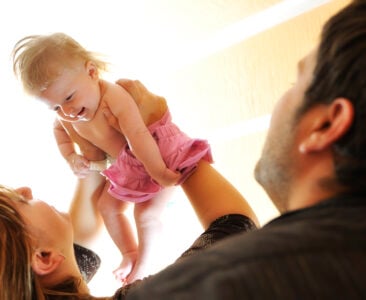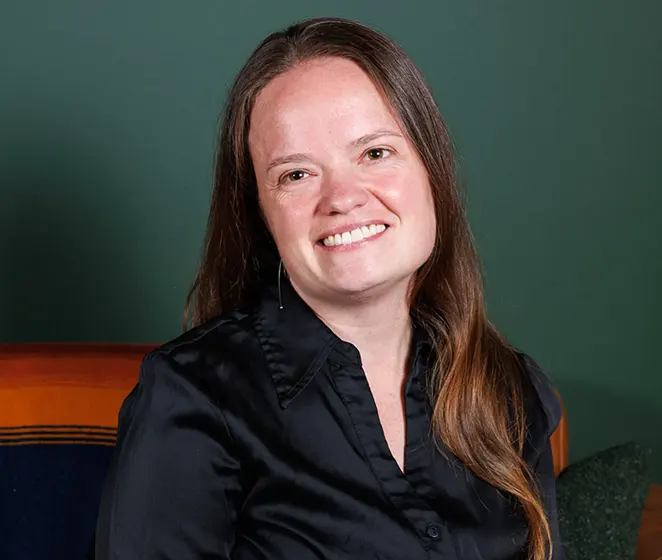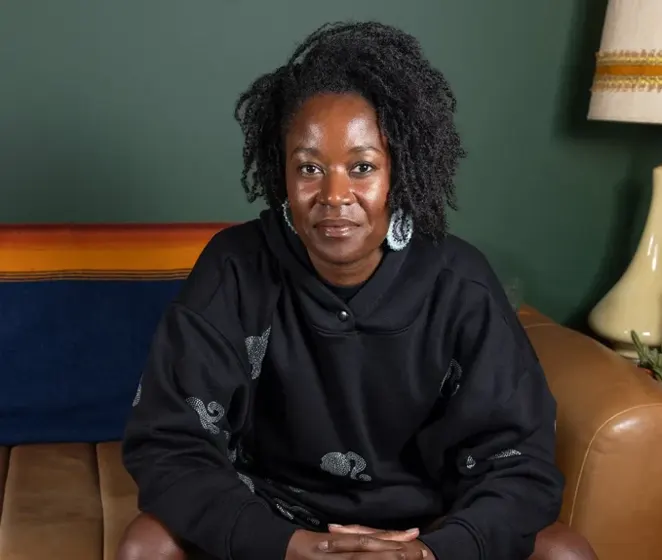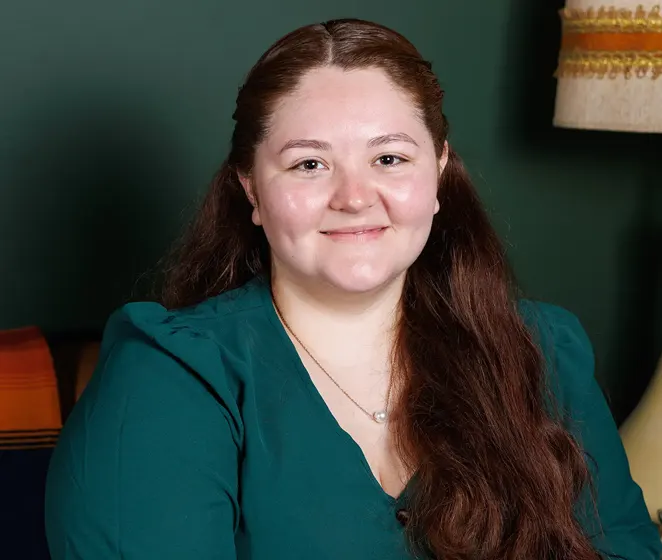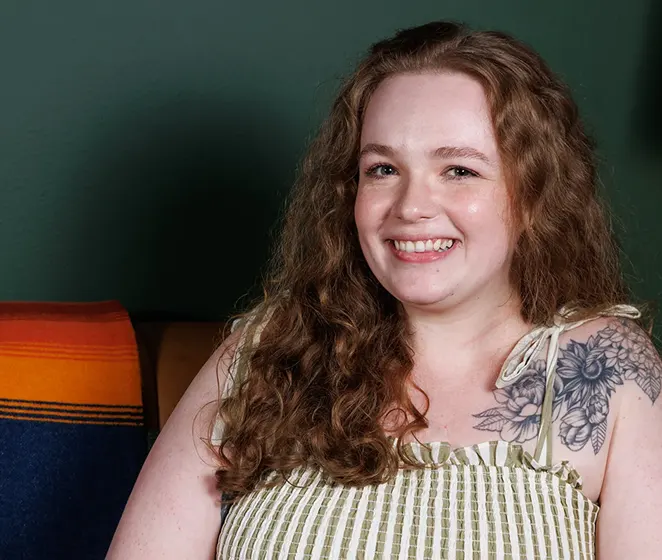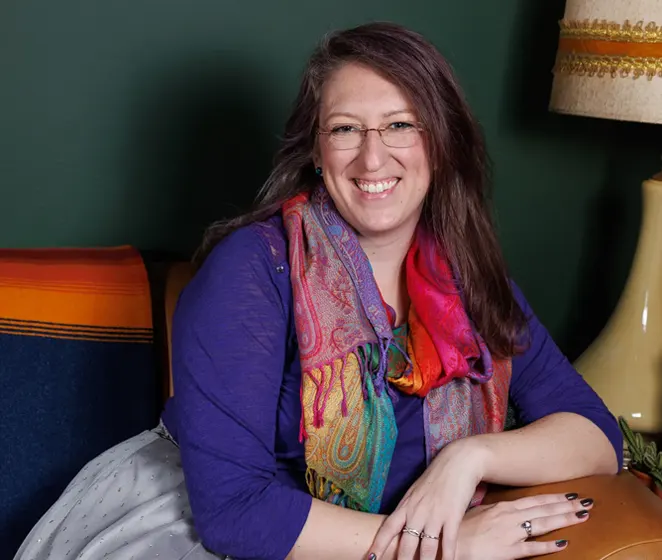By Intentional Spaces Psychotherapy
There are moments in life when the ground unexpectedly shifts beneath us, and almost overnight, the world we once knew no longer feels familiar. Sometimes the shift comes with a clear moment we can point to, a death, a breakup, a diagnosis, a betrayal, a move away from the place we once called home. Other times, it happens more quietly, the slow fading of a dream, the loss of a role or identity we once anchored ourselves inside, the realization that life is unfolding differently than we had imagined. In all of these moments, grief arrives as a natural response to change. It is the emotional echo of something that mattered deeply, a companion to endings, transitions, and the ache of love rearranged.
Yet for many of us, what begins as grief slowly starts to blur into something heavier. The sharp pulses of pain that once came in waves begin to flatten. What once felt like sadness tied to something meaningful starts to feel more like a fog descending over everything. The desire to connect or move forward gets replaced by exhaustion, withdrawal, or even numbness. This is where grief often becomes tangled with depression, a shift that can be subtle, confusing, and easy to miss.
This confusion is common, especially in a culture that tends to rush grief or expect people to “bounce back” quickly after loss. When our pain doesn’t follow a tidy timeline, we may wonder if we’re doing it wrong or fear something is broken inside of us. But grief and depression are different emotional processes. Understanding that difference not only brings clarity, it also helps illuminate what kind of support our bodies, hearts, and spirits may need to truly heal.
What Is Grief?
Grief isn’t a sign that something is broken inside you; it’s proof that something once held deep meaning. At its heart, grief is an emotional expression of love and attachment. After a major loss, it’s normal for grief to move in rhythms rather than straight lines. Some moments feel sharp and overwhelming, while others are gentle, even strangely ordinary. You might tear up in the middle of a daily routine, ache for what once was, and then unexpectedly find yourself smiling at a memory. Grief is active and alive in the body; it shifts, circulates, and rarely stays in one emotional place for long.
Signs that you may be grieving include:
- Emotional waves that swell and soften over time
- Being able to access small moments of warmth or connection, even if briefly
- Frequently thinking about what you lost in a way that still feels rooted in love
- A subtle belief that there may be a time in the future when the pain eases
Grief can be incredibly painful, yet it still has movement. It keeps you linked to what mattered and to the bond that existed, reminding you that your feelings are a reflection of something real and meaningful.
What Is Depression?
Depression is different. While grief expands and contracts, depression often flattens experience altogether. It isn’t just feeling sad; it is a deeper loss of vitality, aliveness, and connection both to the world around you and to your own internal life. Depression tends to replace emotional movement with a kind of heaviness or fog, making it difficult to care about the things you once valued, wake up with purpose, or imagine any future worth choosing. Where grief pulls us toward what we loved, depression can cut us off from our capacity to feel anything at all.
Depression can sometimes follow grief, especially after a sudden, traumatic, or unsupported loss. But unlike grief’s waves, which continue to move through the body over time, depression has a quality of stillness. Things don’t rise and fall; instead, everything becomes muted, flat, or overwhelmingly heavy.
Signs that what you’re feeling may be depression include:
- Persistent heaviness or numbness that doesn’t shift, even when time has passed or circumstances change
- Withdrawal from relationships, routines, or even basic daily care, such as eating, bathing, or leaving home
- Hopeless inner thoughts, such as believing nothing will ever get better, or that you no longer matter
- Physical symptoms, including disrupted sleep, low energy, changes in appetite, or difficulty concentrating
Depression often creates a profound sense of disconnection, not only from joy or pleasure but also from the memories, emotions, and inner hopes that once helped anchor you to meaning. Instead of being moved by emotion, you may feel locked inside a kind of emotional shutdown, which can be frightening and isolating without support.
When Does Grief Become Depression?
Many people experience grief and depression on a continuum rather than as separate, neatly defined experiences. Instead of waking up one day and suddenly feeling “depressed,” it is often more of a gradual shift, a slow, almost imperceptible slide from pain that moves through you, into pain that begins to live inside you. One of the most helpful questions to ask yourself is: Are my emotions still moving, or do they feel stuck?
In uncomplicated grief, emotions tend to rise and fall. A memory may bring tears, but it can also bring warmth or a sense of connection. You may ache deeply one day and feel strangely okay the next. Healthy grief continues to circulate, sharp at times, softer at others, but always alive.
Depression relates to grief differently. It begins to settle in when the emotional system becomes overwhelmed or exhausted, and instead of being moved by your feelings, you begin to feel trapped inside them. The edges become less distinct, day-to-day life loses color, and a heavy sameness starts to replace the natural ebb and flow you once felt. You may notice:
- Hard emotional pain that stays constant, rather than washing in and out like waves
- A shut-down, detached feeling, especially from memories that once brought comfort or connection
- A gradual withdrawal from relationships, routines, or activities that used to add meaning or rhythm to your life
- Hopelessness about the future, or intrusive thoughts such as “nothing will change” or “what’s the point of trying”
If, over time, you find yourself becoming less alive, less animated, and less able to connect anywhere, even with things or people you once loved, this may be a sign that your grief has shifted into depression. At that point, it isn’t about “getting over” the loss. It becomes about getting support so that what was meant to move through you does not end up living inside you indefinitely.

You Don’t Have to Carry This Alone
Grief reminds us that love was present. Depression often signals that the pain of holding everything on your own has become too heavy for your system to keep managing. If you find yourself unsure whether you’re still moving through grief or beginning to sink into depression, take heart, this uncertainty is not a problem, but a sign of awareness. It means some part of you is paying attention, trying to understand what you need.
There is no shame in reaching a point where your grief stops shifting and starts settling into every part of your life. When emotional pain begins to change how you see yourself, how you show up in your relationships, or how you move through the world, it may be time to bring someone into the process with you. Healing is not about letting go of what mattered. It is about learning how to live again with what you lost, slowly reclaiming your capacity for movement, connection, and a future that holds meaning.
Ready to Talk?
If you find yourself wondering whether you’re grieving, depressed, or somewhere in between, we welcome you to reach out. Our clinicians offer compassionate support rooted in trauma-informed and somatic-based approaches to help you feel less alone and more connected to yourself again. You deserve care that meets you exactly where you are.




